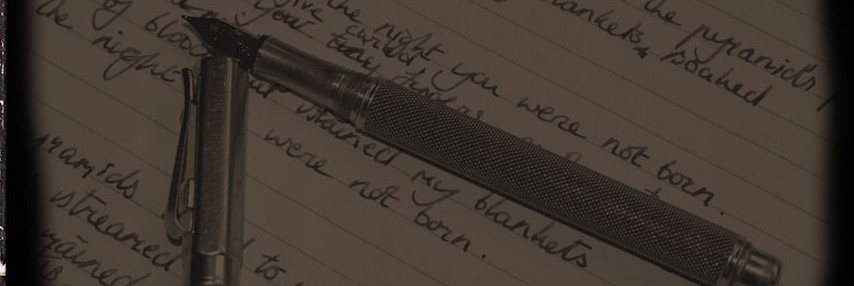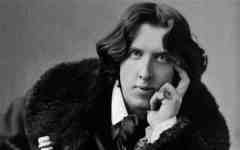 There are many fine blogs around – you could become a recluse and quit your job and still not have time to read them all – so apologies if it is years before I pay yours the respect it’s due.
There are many fine blogs around – you could become a recluse and quit your job and still not have time to read them all – so apologies if it is years before I pay yours the respect it’s due.
Last week I read Down and Out in the 21st and was particularly drawn to the question of whether fiction is a waste of time and, particularly, the idea of Empty Calories for your Brain.
There is so much that we can (and do) read. The back of cereal packets, billboards, DVD packaging, books, blogs, Facebook, Twitter for example. Writers are (happily) burdened with the fact that they must read daily. And with great variety. So it is that I read a great deal and, without a doubt, read things that I would never have imagined reading in the past.
And what I read starts to categorise itself. And I thought that it may be worthwhile trying to order our reading via its value for your brain. A sort of chocolate to caviar of reading matter.
I guess it would start at White Chocolate (no nutritional value whatsoever) and include things like Caviar (luxury but not necessary), rice and peas (staple brain fodder). So at the White Chocolate end I would place books like Oh Dear Sylvia by Dawn French (and please don’t get me started on this…).
For Steak and Sea Bass I would list Rape, A Love Story by Joyce Carol-Oates and Weddings and Beheadings by Hanif Kureishi. These are, in my humble opinion, the type of essential read that all writers should add to their list.
I guess in the Caviar pot I’d put books like Narcopolis by Jaat Thayil – books that I’ve loved, that are swimming in sensory detail but may not appeal to everyone.
And I’m wondering how you would rate the books you’ve read if you had to order them in a culinary sense? I’d love to read your comments on this.

